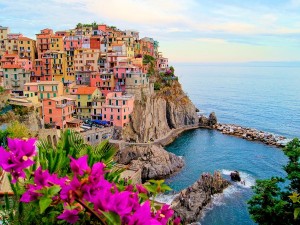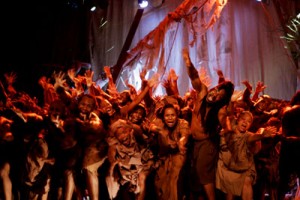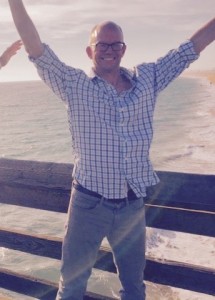Trips of a lifetime are etched into our memories, this one for different reasons than we had hoped. Even so, it has changed my life, and my leg, forever. With the plays of London, the Scottish mist and prayers from Iona lingering on our tongue and the wine of Siena and Florence still on our lips, my wife, Brooke and I, headed for the Cinque Terre, to stay in the southernmost village of Riomaggiore on the Italian Riviera coastline. Our... Read more















